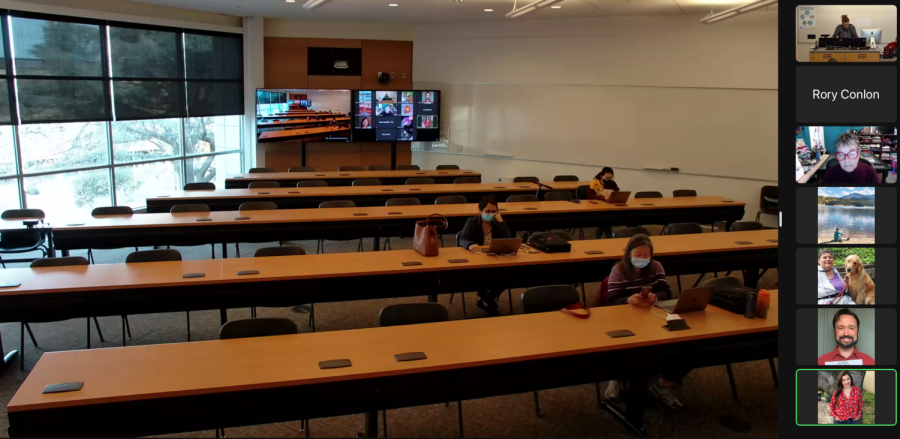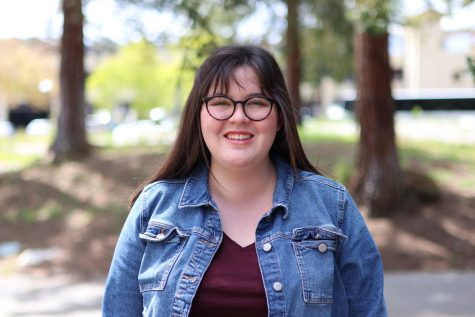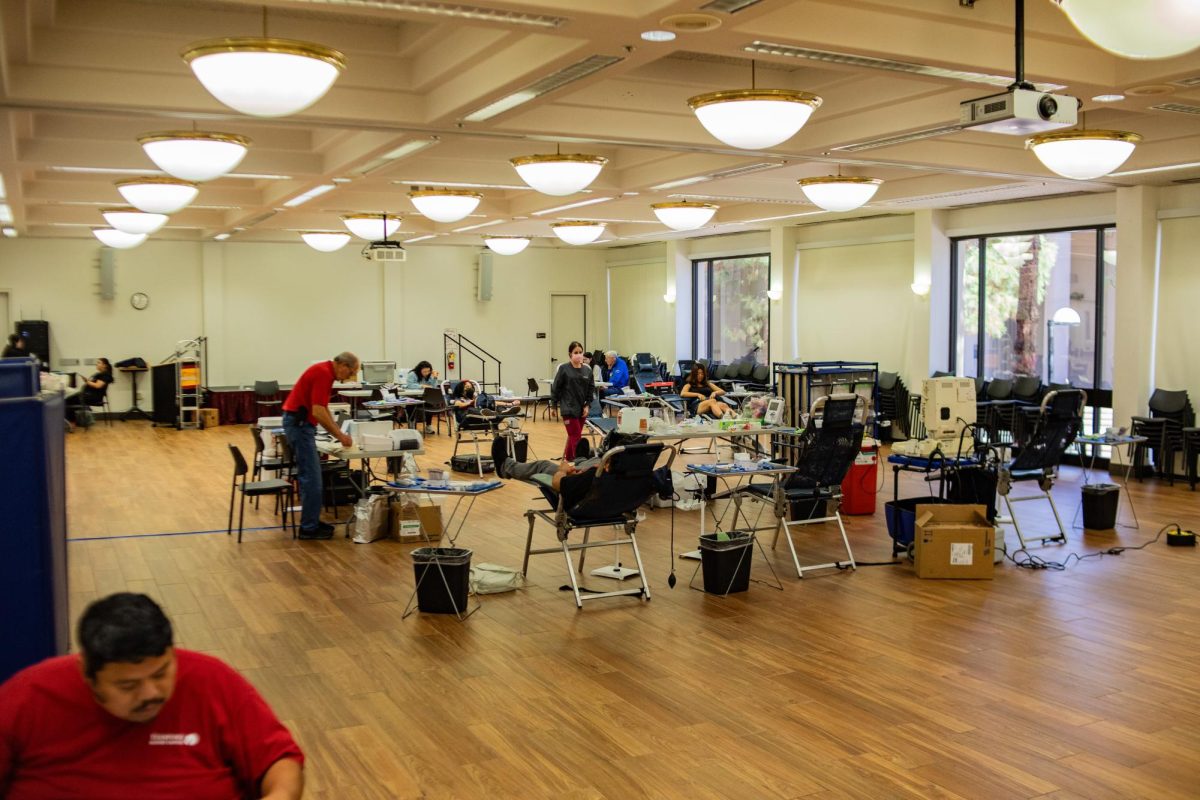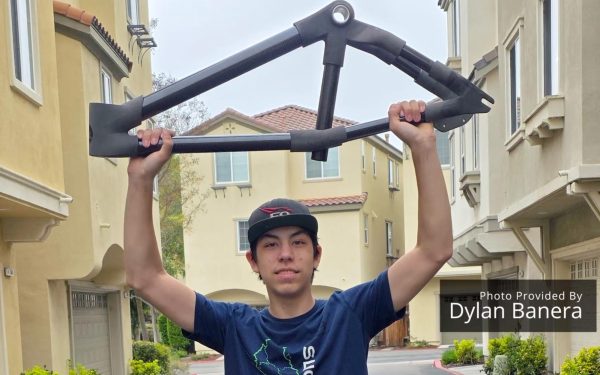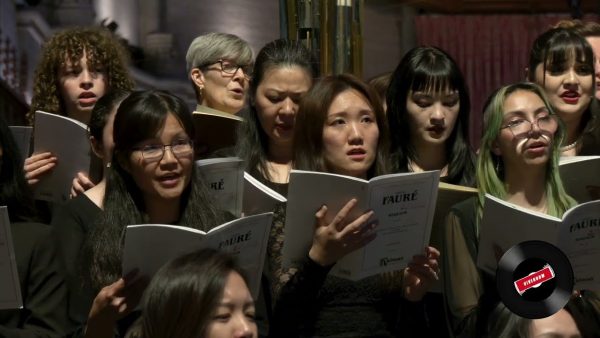Academic Senate sets a precedent for faculty representation at De Anza
The Academic Senate met in a hybrid-format to discuss eligibility for faculty representation on campus on Nov. 21.
December 8, 2022
The Academic Senate made crucial decisions regarding diversity and requirements for faculty representation during their meeting on Nov. 21.
The senate sought faculty representation for the Vice President of Instruction Search Committee and the Program Allocation Committee — two groups that will shape decisions made on campus in upcoming years. While the VPI committee received applications from multiple candidates, the Academic Senate leadership decided to extend the application deadline instead of moving forward and confirming new members.
“We didn’t have any part-time representation, and all our faculty representatives came from a single degree,” Academic Senate Vice President Erik Woodbury said. “While I am deeply appreciative of the people that did apply, I hope that everyone will agree that trying to encourage a more diverse community that more broadly represents the campus is worth taking more time.”
Academic Senate President Cheryl Jaeger Balm said only one faculty member applied for PAC membership. Balm emphasized the need to recruit more members for both the VPI and PAC within different departments.
“I’m begging, frankly, those of you who are here, please communicate with your constituents about the importance of these committees,” Balm said. “Maybe even talk to people individually if you think they would be good to serve in [them].”
The senate also discussed terms of eligibility for the PAC, specifically regarding whether tenure and re-employment preference would be required or recommended for members. Maristella Tapia, a sociology professor at De Anza, advocated for these two qualifications to be a requirement.
“Ultimately, these are positions representing the interests of the whole campus, not just the particular divisions or departments that people are part of,” Tapia said. “We really need our voices to be strong and without fear of retribution.”
Mark Landefeld, a coach from the athletics department, had a different point of view from Tapia’s. He advocated for recommending tenure and REP but not making it mandatory.
“The scenario I’m thinking of would probably be more pertaining to an adjunct who comes into the employ of De Anza with experience in another institution,” Landefeld said. “A new and potentially creative voice may be stifled if we’re going to require REP from the get-go.”
After further discussion, the Academic Senate passed a motion to require tenure and REP with a majority vote.
Another point of contention regarding faculty representation had to do with how the seats on committees would be dedicated. The PAC includes five seats delegated to the vice president of the college; a faculty association representative; a non-instructional, student services representative; a part-timer; and at-large seat, respectively.
The discussion surrounded whether a person would be allowed to choose one, specific seat to run for in the PAC, or whether they would apply for the PAC and potentially be entered into a race for multiple seats. Balm used part-time applicants as an example.
“If we have three part-timers volunteer, one of those (candidates) would get the part-time seat and the other two would automatically go into the pool where we then consecutively vote on (who fills the) at-large seat,” Balm said. “Are we allowing people to run for more than one position or are we making them choose ahead of time so that they aren’t voted on more than once?”
Salvador Guerrero, a professor in the mathematics department, said having the senate vote on where each candidate would go is the best option, given the low number of applicants.
“In the future, there may be instances where there isn’t a lot of interest, and this would allow for us to move forward smoothly,” Guerrero said. “Whereas, if we specify that people have to apply for a specific seat, it might end up where we have enough people for one seat but not for another team.”
Shagundeep Kaur, a professor in the communications department, held a different view and advocated for candidates to choose specific seats.
“It makes sense for the person to really think critically about the role and the representation and the voice that they’re bringing as they apply,” Kaur said. “If a situation happens where we don’t have enough people, we can then re- examine it.”
The motion to have applicants apply for specific seats passed unanimously.
The senate planned to vote on and confirm representatives for both the VPI Search Committee and PAC at their next meeting.



